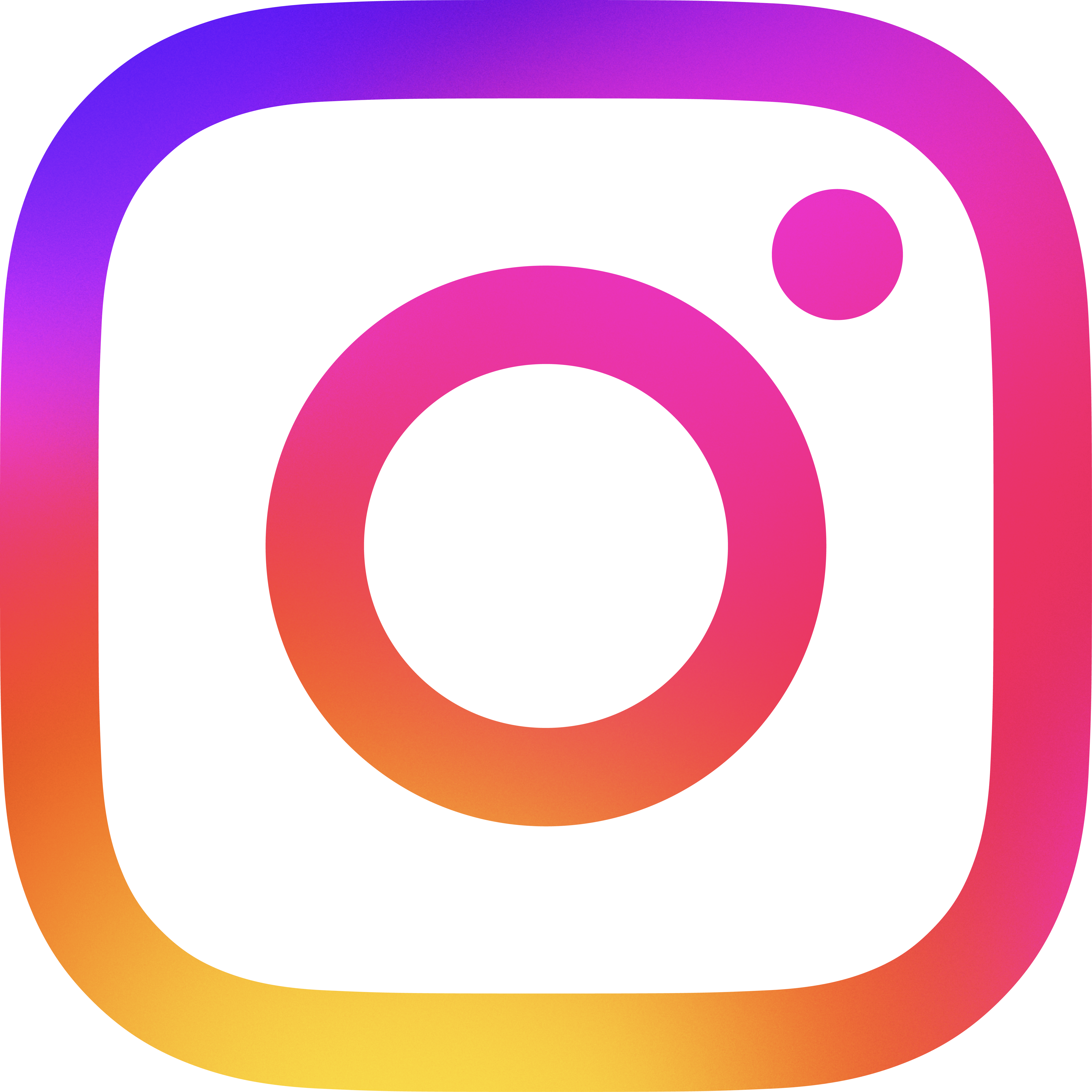Science, Technology and Society
The socially responsible application of science and technology
Introduction
Our lives and bodies are intertwined with science and technology. We depend on them to support how we live now and hope that new discoveries will improve our lives in the future. What can we do today, however, to bring about our ideal future?
Science, Technology and Society (STS) seeks to understand the challenges standing between the present we have and the future we want. Students explore the powerful social, ethical and political relationships that drive research and innovation, asking:
- What factors determine the trajectories of scientific research and technological development?
- Which research and development pathways have the greatest positive impact with the least harm, and who decides which pathways are taken?
- What strategies will influence decision-making to realize the best possible outcomes?
Using scenario analysis, simulations, and systems thinking, on teams and independently, students will learn methods to assess, design and influence the direction of scientific and technological change.
Because STS values interdisciplinary collaboration, we welcome students from all majors. If you have an interest in maximizing the societal benefits of scientific inquiry and technological innovation, you will be a valued member of our community.
Colloquium and Lecture Topics
- What are the grand challenges of our times?
- What drives technological change?
- How do we solve the scientific literacy problem?
- Why is thinking about race, gender and sexuality relevant to science and technology?
I felt a sense of belonging in the classroom that I could tell my instructors worked so hard to create. All of our perspectives and imaginative solutions to real problems were welcome. My Scholars program was a safe space where I learned so much about myself, my interests and the world.
Other Learning Opportunities
As an STS student, you’ll go on field trips that let you apply the techniques you learn in class to the real world. Sites include the National Institute of Standards and Technology, NASA Goddard Spaceflight Center, Baltimore Underground Science Space and the Smithsonian’s Innovation Hall.
Service opportunities are also embedded in the STS curriculum. As an STS student, you might volunteer for technical literacy workshops, participate in Regional Science Bowls, help out at Community Forklift and more.
STS features three rewarding practicum opportunities:
- Robotics service-learning program: Students explore innovative ways of encouraging STEM education in Prince George's County schools
- Infrastructure and Society: Students work with professional engineers on a service-learning project that assesses the safety and viability of infrastructure
- The Future of Science Communication: Students collaborate with scientists and laypeople to prototype ideas for communicating scientific and technical information.
STS's robotics service-learning program is always open to working with new partners. Please contact Tim Reedy if you are a school, community organization, or other entity interested in:
- Partnering with STS to provide Lego robotics education;
- Recruiting volunteers for science, fairs, career days or demonstrations; or
- Working with STS on grant proposals or research.
Curriculum Overview
The STS curriculum is designed as a thematic complement to your major that will fulfill many of your General Education requirements. Over the two-year program experience (four semesters), students will complete 3 credits of colloquium, a 3-credit practicum and a 3-credit capstone course.
The following table represents a typical two-year curriculum, but individual schedules may vary. Details about courses and requirements can be found on the STS Citation Checklist.
| SEMESTER | COURSES | CREDITS |
|---|---|---|
| Semester 1 | CPSS 100: Scholars Colloquium I | 2 credits |
| Semester 2 | CPSS 101: Scholars Colloquium II | 1 credit |
| Semester 1, 2, 3, or 4 | CPSS 220: Future of Communicating Science (DVCC); or CPSS240: Robotics Service Learning (SCIS, DSSP); or CPSS 340: Infrastructure and Society; or CPSP 210: Art-Tech Studio: Integrations of the Arts and Technology for Change Making (DVCC); or CPSP 279T: Indigenous Communities and Technology in Ecuador: Past, Present, and Future (DSSP, DVCC) |
3 credits |
| Semester 3 or 4 | CPSS 225: Capstone (SCIS, DSHS); or CPSS 220: Future of Communicating Science (DVCC) |
3 credits |
Sponsoring College
Residence Hall
Cambridge Hall
Faculty
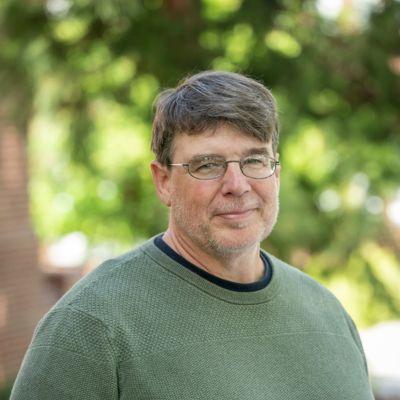
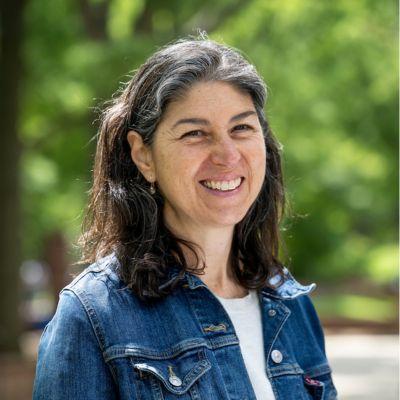
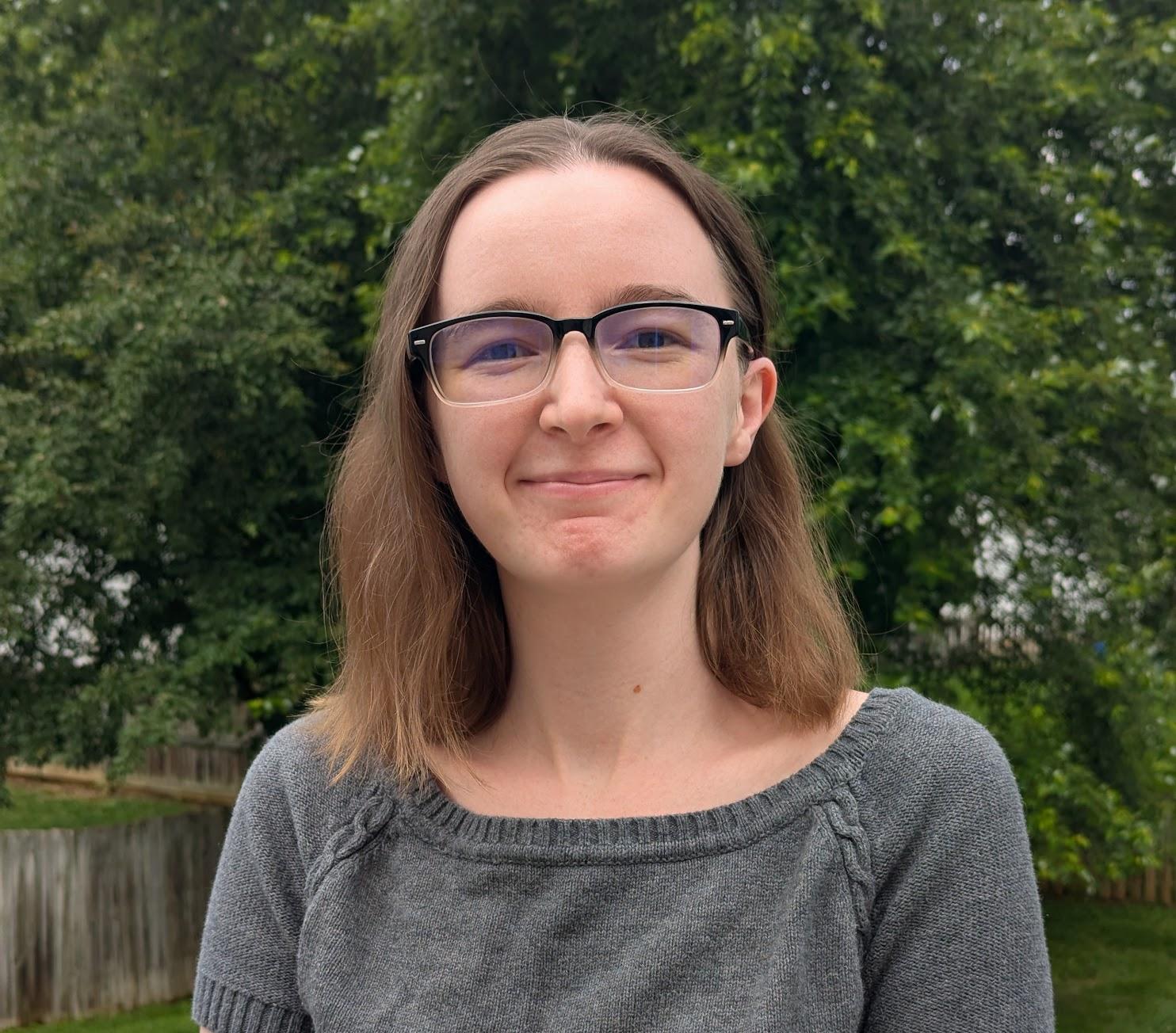
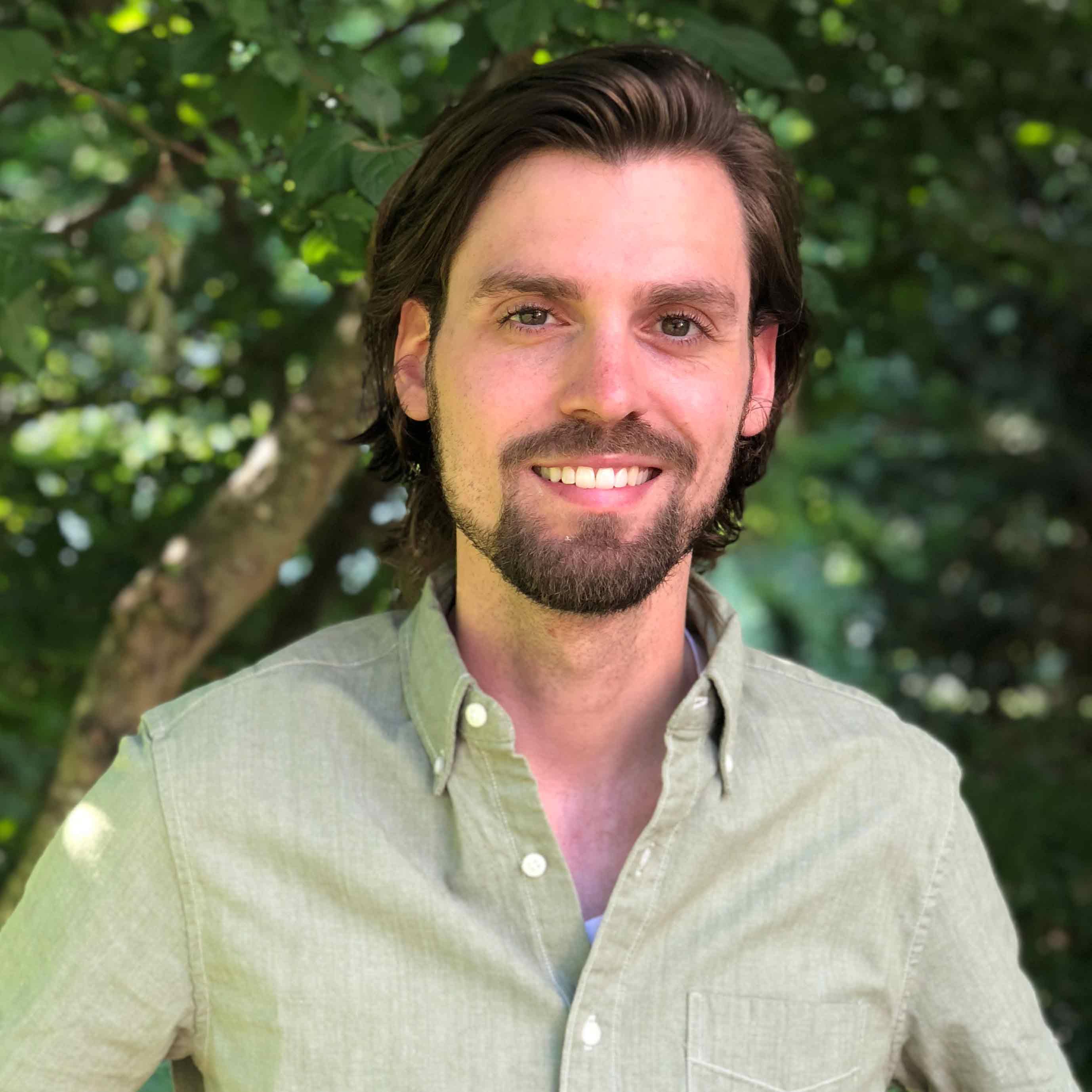
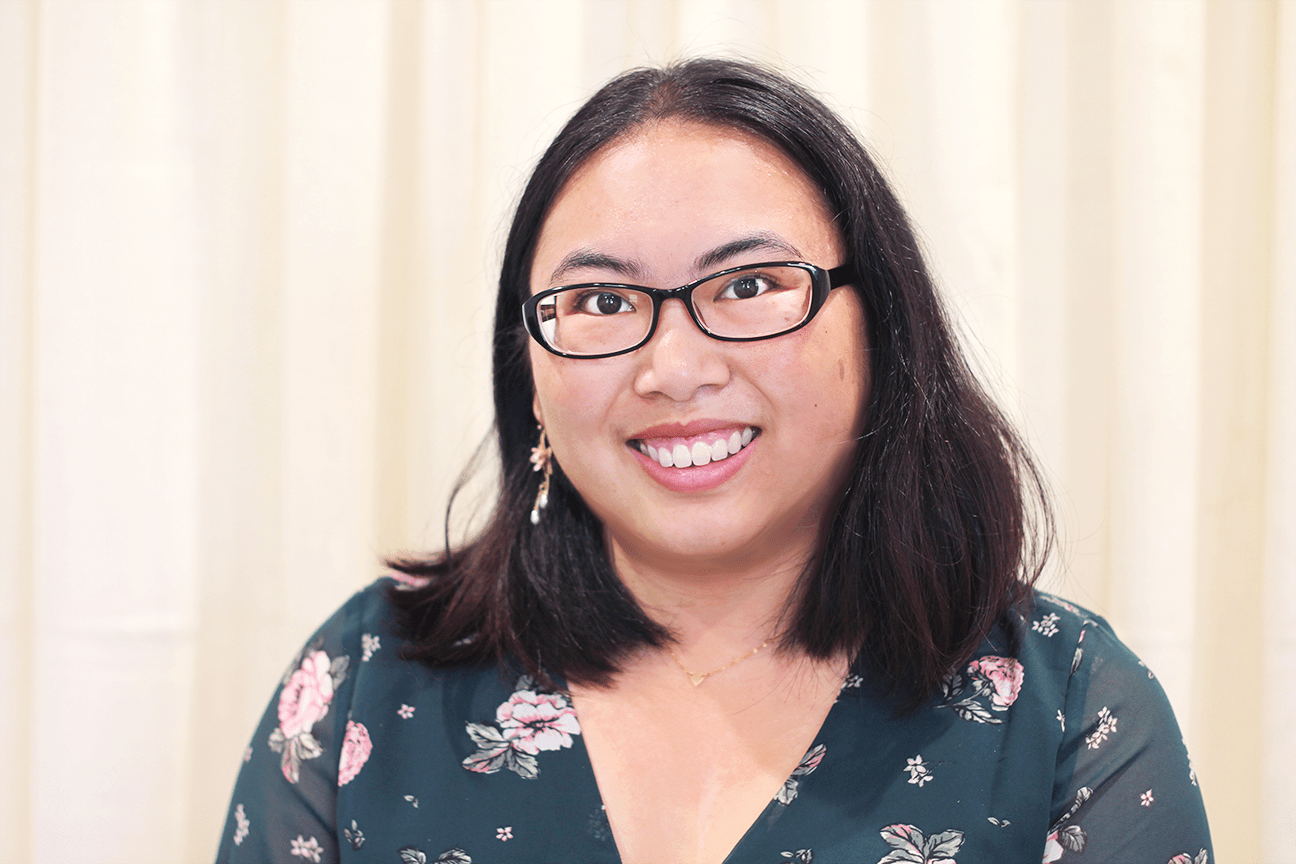
Christina Yang
Social Media Etc.
Stories Beneath the Shell: UMD and College Park Host First Technology Literacy Workshop since 2020, March 2022
Baltimore Sun: Experiential Learning in a Virtual World, February 2021
Science, Technology and Society News
2025 Citation Class Honored at Awards Ceremony
College Park Scholars celebrated the best and the brightest of its most recent Citation class at its annual Citation and Awards ceremony recently. The 2025 Citation class, already packed with leaders in their academic fields of study and on campus, emerged undaunted by the challenges as one of the last high school classes during the pandemic, as productive community members in Scholars and at the University of Maryland.
A Tour to Thank Terp Teachers
Sara Tatum '18, a Science, Technology and Society alum, was one of three outstanding teachers in the area who the University of Maryland's College of Education recognized in a daylong blitz during national Teacher Appreciation Week (May 5-9); it did the same last year, and is making this an annual tradition.Waving pom-poms and blasting the Maryland Victory Song, representatives from the University of Maryland College of Education and the life-size Testudo mascot had come to surprise her at Bladensburg High School, where she teaches. math, with balloons, a bag of College of Education-branded swag, and a $1,000 check—along with their gratitude.
Strengthening Communities, a Course at a Time
Civic Engagement Across the Curriculum at UMD (CEAC at UMD), a pilot professional development program, supported 12 instructors, including several College Park Scholars program directors and staff, from seven schools and colleges as they integrated community-focused strategies and experiences into more than 20 courses serving over 1,000 students, in disciplines as varied as art, kinesiology and sociology, during the fall and spring semesters. College Park Scholars in the CEAC at UMD 2024-25 Cohort:
Do Good, Win Big
An organization, represented by a College Park Scholars alum, working to ensure surplus food doesn’t go to waste took one of the $10,000 top prizes at the University of Maryland’s 13th annual Do Good Challenge last week.Four other finalists, including another Scholars alum, shared in another $20,000 in prize money awarded at the pitch competition, which drew more than 500 students, staff, faculty, and community members to the Samuel Riggs IV Alumni Center to hear teams’ ideas about how to make the world a better place.
Pair of Scholars Advance to Do Good Challenge Finals
Anticipation continues to build as 2025 Do Good Challenge finalists prepare to take to the stage in the annual pitch competition for a share of more than $40,000 in prizes. On Tuesday, April 22, the finalists will share more about their work and impact with an audience of hundreds and a panel of expert judges. The teams were selected from groups and organizations across campus that are tackling issues ranging from providing health education to reducing health disparities around the world to educating low-income youth on how to become entrepreneurs. This is the 13th annual Do Good Challenge hosted by the Do Good Institute, based in the School of Public Policy.
STS Alums Shine at Lockheed Martin Ethics in Engineering Competition
At Lockheed Martin's Ethics in Engineering annual case competition, academic institutions, each represented by a two-student undergraduate team and accompanying faculty, present their solutions to a fictional case involving ethical, business and engineering dilemmas. In addition to the hands-on opportunities for students to learn about Lockheed Martin and its technologies, the annual event compels students to think about the importance of ethics in the workplace and the various real-life dilemmas that can arise, especially in the multifaceted and fast-paced world of technology.

